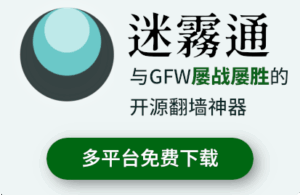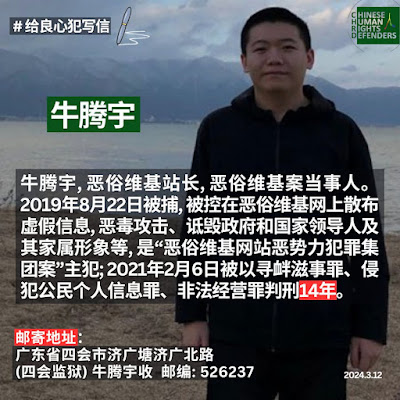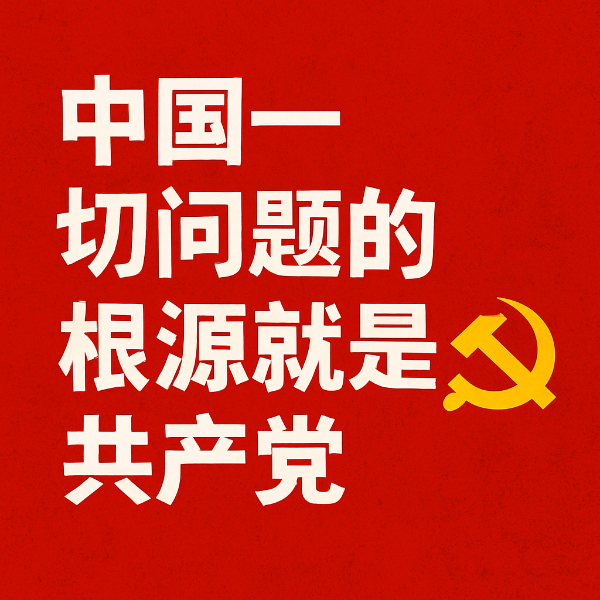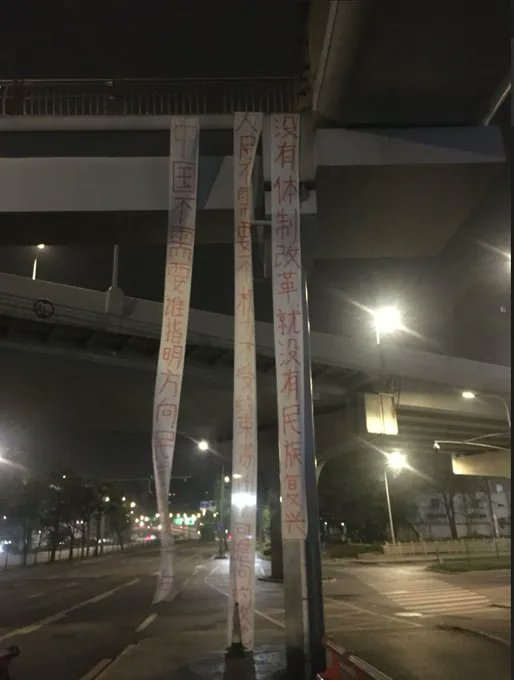https://www.koreaherald.com/view.php?ud=20220811000689
Seoul dismisses Beijing’s claim, says THAAD is Korea’s means of self-defense
China hits a sour note after ‘amicable’ bilateral talk with South Korea, raising the issue over Korea‘s THAAD deployment
By Jo He-rimPublished : Aug 11, 2022 – 16:35 Updated : Aug 11, 2022 – 16:56
Friction between Seoul and Beijing over a US anti-ballistic missile defense system continues, with the two sides issuing statements and rebuttals over Seoul’s position.
On Thursday, Seoul flatly dismissed Beijing‘s claim that Seoul had adopted an official policy of not deploying an additional Terminal High Altitude Area Defense system in its territory, saying the US anti-missile defense system is a means of self-defense for Korea.
The presidential office also said it expects to normalize the operation of the military base that hosts THAAD by around end-August.
“The government maintains a consistent position that THAAD is means of self-defense to protect the lives and safety of Korean nationals, and it is a matter of our sovereignty,” a presidential official told reporters.
A day before, the Chinese Foreign Ministry made the claim that Seoul had announced a “Three Nos and One Restriction” policy to refrain from using the US-made anti-missile system, demanding Korea stick to its promise.
“I would like to point out that the US’ deployment of the THAAD anti-missile system in the ROK clearly undermines China‘s strategic security interest. China has made clear its concern to the ROK side on multiple occasions,” Chinese Foreign Ministry spokesperson Wang Wenbin said in a regular press conference on Wednesday. He referred to South Korea by the acronym of its official name, the Republic of Korea.
“Previously, the ROK government officially announced its policy of ’Three Nos and One Restriction.‘ China attaches importance to this position of the ROK government. Based on the understanding between the two sides, China and the ROK were able to properly handle the THAAD issue,” Wang added.
The “Three Nos” approach was taken by Moon Jae-in administration to resolve frayed ties with China, which restricted economic and tourist exchanges in retaliation to Seoul’s installment of the THAAD system in 2017. The addition of “One Restriction” appears to refer to the then-government‘s decision to not operate the THAAD system.
While the Korean government has said that its intention for the THAAD deployment is to counter North Korean aggression, China has strongly opposed the deployment, saying that Korea’s US-made defense system undermines its security.
Under the idea of the Three Nos, the Moon administration had opted not to deploy additional THAAD anti-missile systems in Korea; not to participate in a US-led missile defense network; and not to get involved in a trilateral military alliance with the US and Japan.
The incumbent Yoon Suk-yeol administration maintains that the Three Nos were not an official policy of the Moon administration, nor did Seoul and Beijing forge an agreement on the matter.
The ideas were first presented as the then-government‘s position towards China in a parliamentary inspection session in October 2017, when then-Foreign Minister Kang Kyung-hwa responded to a lawmaker’s question.
China‘s assertion on South Korea’s diplomatic approach dampens bilateral relations, as it comes only a day after Korean Foreign Minister Park Jin returned to Seoul from his first official trip to China.
During his three-day trip from Monday, Park met with his Chinese counterpart Wang Yi in Qingdao, Shandong province, to discuss a series of pending issues, including regional security, THAAD, North Korea and economic cooperation.
Seoul‘s Foreign Affairs and Defense Ministries also issued statements to explain that THAAD is Korea’s defense system, and that its operation is not subject to negotiation with others.
“We (South Korea) also want to remind China that the former administration also had publicly said that the so-called Three Nos policy is neither a promise nor an agreement made to China,” the South Korean Foreign Ministry said in a statement.
“In the bilateral meeting of the foreign ministers, we have made clear our position to China,” the South Korean Foreign Ministry added.
In his bilateral talk with Chinese Foreign Minister Wang on Tuesday, Park noted that the more China brings this issue to the floor, the more damage it will do to the reputation of both countries and become an obstacle in their bilateral relations, according to the South Korean Foreign Ministry.
A high-ranking Foreign Ministry official also explained that Park told Wang that the Three Nos policy is not legally binding, reiterating that it is only a stance adopted by the former Moon Jae-in administration.
“The two sides (South Korea and China) agreed that THAAD should not become a stumbling block affecting bilateral relations,” Park said in a press conference held in Qingdao on Wednesday, after his bilateral meeting the day before.
South Korea temporarily placed the first battery of THAAD anti-missile system in Seongju County, North Gyeongsang Province, in 2017. Normal operation of the military base had been delayed by the yearslong postponed full-scale environmental impact assessment of the deployment itself under the Moon Jae-in administration.
The Yoon administration, however, has vowed to ensure the US Forces Korea can operate the defense system without further delay.
***************
https://www.dw.com/zh/%E9%9F%A9%E5%9B%BD%E6%80%BB%E7%BB%9F%E5%8A%9E%E5%85%AC%E5%AE%A4%E8%90%A8%E5%BE%B7%E9%97%AE%E9%A2%98%E4%B8%8D%E5%AE%B9%E5%A6%A5%E5%8D%8F/a-62778104
韩国总统办公室:“萨德”问题不容妥协
韩国总统办公室周四强调,“萨德”系统是自卫性防御手段,关乎国家安全主权,不容妥协。韩国外长朴振近日在访问中国时也表示,“萨德”问题并不是韩中关系的全部,也不应成为全部。
(德国之声中文网)据韩联社报道,韩国总统办公室周四(8月11日)在就有关“萨德”反导系统(THAAD)“三不一限”的说法再次重申,“三不一限”不是韩方做出的承诺,也不是韩中双方达成的协议。
昨天(10日),中国外交部表示,韩国外交部长朴振访华期间,中韩外长就“萨德”问题又深入交换了意见,阐明了各自立场,增进了相互了解。双方同意重视对方的合理关切,“基于双方的谅解,中韩双方阶段性稳妥处理了‘萨德’问题”。
中国外交部发言人汪文斌在当日的例行记者会上说,“美方在韩部署‘萨德’系统明显损害中国的战略安全利益,中方已多次向韩方表明关切。韩国政府正式对外作出‘三不一限’的政策宣示,中方重视韩国政府的这一立场。”
韩联社报道指出,韩国外交部长官朴振10日在青岛向韩媒记者团介绍访华成果时表示,已向中方明确表明所谓“萨德三不”并不是韩方对中方的承诺或双方达成的协议。
所谓“三不一限”是指,韩方不增加部署“萨德”,不形成韩美日军事联盟,不参与美方的导弹防御系统,限制现有“萨德”的实际使用。
2016年7月,韩国政府宣布决定在韩国境内部署“萨德”反导系统。中国认为部署萨德系统会对其国土安全造成影响,此后对韩国采取多项反制措施,包括对禁制韩国媒体及艺人演出、旅游屏蔽等。这些措施也导致中韩关系迅速冷却。
2017年11月,时任韩国外长的康京和访华。中国外交部发表的新闻稿中称,“中方重视韩方关于不考虑追加萨德系统、不加入美国反导体系、不发展韩美日三方军事同盟的表态以及无意损害中方安全利益的表态,希望韩方继续妥善处理‘萨德’问题”。在此之后中韩关系重新回暖。
韩联社报道称,此次韩国外长朴振访华过程中向中方表明“萨德”问题是韩方为应对朝鲜核导威胁采取的自卫性防御措施,事关韩国安全主权。双方就“萨德”问题不应成为影响两国关系的绊脚石形成共识。朴振还说,“萨德”问题并不是韩中关系的全部,也不应成为全部。
11日,韩国总统府方面再次重申外交部的立场,“萨德”系统是能确保韩国国民生命与财产安全不受朝鲜核导威胁的自卫性防御手段,相关事宜关乎国家安全主权,不容妥协。
对于“萨德”基地恢复正常化运转的进展,韩国总统府一位高级官员表示,有关工作正在进行当中,预计“萨德”基地将于月底复常。
韩国国防部长李钟燮对媒体表示,韩国对于“萨德”系统的政策不会因中国的反对而做出改变。他强调,“萨德”的雷达系统不是用来对付中国的。
中国外交部昨天就中国外长王毅与韩国外长朴振举行会晤发表的新闻稿中称,“双方就‘萨德’问题深入交换了意见,阐述了各自立场,认为应重视彼此安全关切,努力予以妥善处理,不使其成为影响两国关系的绊脚石”。
中国外交部新闻稿中还提到,“双方同意加快中韩自贸协定第二阶段谈判,争取尽快达成一致。同意就维护产供链稳定事宜开展对话,致力于产供链的完整、安全、畅通、开放和包容。坚持贸易投资自由化,遵守世贸规则,坚持非歧视、非排他、公开、透明原则”。
两国外交部的新闻稿中也都提及,双方将在年内举行外交安全“2+2”对话。
(韩联社、路透社)
![[轉載]韓國宣布8月底前薩德系統正常化部署 總統府室:薩德問題沒有妥協空間-1984bbs](https://1984bbs.org/wp-content/uploads/2025/03/1984bbs.png)







